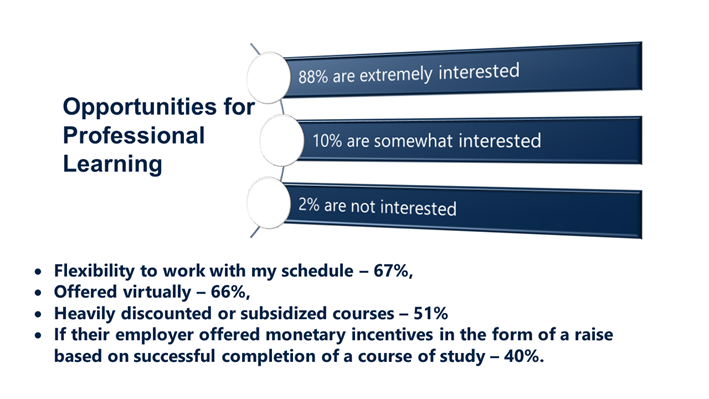One fundamental step forward in responding to this reality was the articulation of the competencies that Hebrew language educators should possess to help schools define what skills and knowledge qualified teachers should have. This was particularly important given that research has shown that almost 50% percent of Hebrew teachers in day schools do not even have a BA in education, let alone the type of certification or graduate education one might expect.
In the spring of 2022, almost two dozen educators, academics and scholars gathered for a series of discussions about what this competency framework might look like to move Hebrew language education in Jewish day schools along the same path that the AMA used to move medicine from leeches to its current state. Think medical school clinical rotations but for Hebrew teachers. Facilitated by the educational leadership of Hebrew at the Center, a model was established that consisted of four concentric circles with specific competencies within each of those circles: general education, including curriculum design and understanding learners; language education, including second language acquisition and assessment; Hebrew language education, including knowing about the language and Hebrew and Israeli culture; and at the center is the educator, with a commitment to personal and professional growth.
This fieldwide model can serve as the outline for a Hebrew teacher job description and inform how a Hebrew leader selects professional learning for teachers. School leaders can use the competencies as a guideline for the required qualifications and experiences for teachers, and structure interviews and demonstration lessons to ascertain what a candidate does and does not know. This framework can also serve as a checklist by Hebrew teacher supervisors to inform professional learning growth to ensure that the teacher has all the necessary skills to be effective and advance student outcomes. Knowing where a teacher’s strengths lie and where they can grow with support make a tremendous difference in a teacher’s feelings about efficacy and school support, contributing to stronger retention.
INCREASE PROFESSIONALISM THROUGH CERTIFICATE AND ACADEMIC PROGRAM REQUIREMENTS
The teaching of more developed academic disciplines such as mathematics, or even language education for world languages such as Spanish, already have clearly defined certification processes and are supported by academic programs throughout North America. Although Hebrew once had such structures a century ago, it is only in the past decade that there has been a resurgence of such programs. DeLeT LeHora’at Ivrit, a program offered through HUC-JIR, provides both course instruction and supervised practicum. The MA in Teaching Hebrew as a Second Language at Middlebury College has now graduated over 200 students. The Hebrew Consortium at Brandeis University has added Queens College to their affiliated programs and seeks to engage additional academic institutions to provide academic credentials to more current and potential Hebrew teachers.
In order to leverage these growing opportunities, school leaders should consider simultaneously demanding more professionalism and formal training from their Hebrew faculty while also providing financial incentives such as increased funding for professional learning and salary increases tied to earned credentials. Combined, these will both elevate Hebrew teaching as a value and generate market forces that will propel faculty and the field forward.
SCHOOL LEADERS ROLE IN ELEVATING EXPECTATIONS AND ACCOUNTABILITY
Beyond using the competencies model to create job descriptions or staying up to date on the state of the field to create job descriptions, school leaders, professional and lay, play a critical role in both enabling more professionalism while also increasing accountability. As clarity increases as to what Hebrew teachers are expected to know and do, we must elevate our expectations from teachers and students alike, demanding excellence in instruction and accountability for better student outcomes. Most day schools allocate as many hours to Hebrew as they do to mathematics but feel the Hebrew outcomes are not nearly as good. We can and must do better.
School leaders play a central role in advancing the professionalism of Hebrew teachers and department leaders by ensuring they have the time, financial support and direction to take advantage of the growing number of professional learning opportunities. According to the most recent HATC State of the Field, 88% of Hebrew teachers indicated they are extremely interested in professional learning opportunities; their motivation goes up even higher when schools incentivize this through providing time, funding and salary increases.





